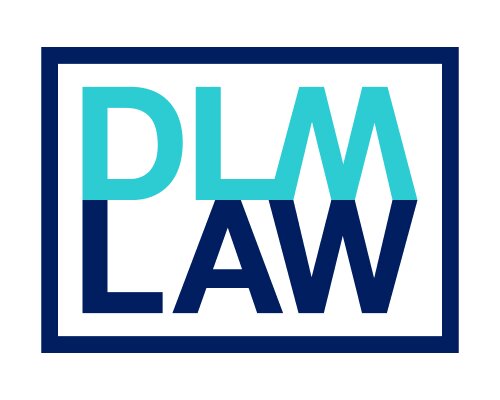Best Copyright Lawyers in Kansas City
Share your needs with us, get contacted by law firms.
Free. Takes 2 min.
List of the best lawyers in Kansas City, United States
About Copyright Law in Kansas City, United States:
Copyright law in Kansas City, United States, protects original works of authorship such as literary, musical, artistic, and other creative works. Copyright gives the creator exclusive rights to reproduce, distribute, perform, or display their work. In Kansas City, copyright is governed by federal law, specifically the Copyright Act of 1976.
Why You May Need a Lawyer:
You may need a lawyer for copyright issues in Kansas City if you are facing infringement of your copyrighted work, need to register a copyright, or have questions about fair use or licensing agreements. A lawyer can help protect your rights and ensure you are in compliance with copyright laws.
Local Laws Overview:
Some key aspects of copyright law in Kansas City include the registration process with the U.S. Copyright Office, the duration of copyright protection, and the implications of copyright infringement. It is important to understand these laws to protect your intellectual property rights.
Frequently Asked Questions:
1. What is copyright?
Copyright is a form of protection granted to the creators of original works, giving them exclusive rights to their work.
2. Do I need to register my copyright?
No, copyright protection exists from the moment the work is created and fixed in a tangible form. However, registration with the U.S. Copyright Office provides additional benefits.
3. What is fair use?
Fair use allows limited use of copyrighted material without permission for purposes such as criticism, comment, news reporting, teaching, scholarship, or research.
4. What is copyright infringement?
Copyright infringement occurs when someone uses a copyrighted work without permission, violating the creator's exclusive rights.
5. How long does copyright protection last?
Copyright protection typically lasts for the life of the author plus 70 years. For works created by a corporation, protection lasts 95 years from publication or 120 years from creation, whichever is shorter.
6. Can I use copyrighted material if I give credit to the creator?
Giving credit to the creator does not automatically make it legal to use copyrighted material. Permission from the creator is usually required.
7. How can I protect my copyright?
You can protect your copyright by registering it with the U.S. Copyright Office, using copyright notices on your work, and monitoring for potential infringement.
8. What is a copyright license?
A copyright license is a formal agreement that grants permission to use copyrighted material under specified conditions.
9. Can I copyright my idea or concept?
No, copyright protects the expression of an idea, not the idea itself. You may be able to protect your idea through other means such as patents or trademarks.
10. How can a lawyer help with copyright issues?
A lawyer can assist with copyright registration, enforcement of copyright rights, drafting licensing agreements, and representing you in copyright infringement cases.
Additional Resources:
For more information on copyright law in Kansas City, you can visit the U.S. Copyright Office website (www.copyright.gov) or seek assistance from organizations such as the Copyright Society of the USA.
Next Steps:
If you require legal assistance with copyright issues in Kansas City, it is advisable to consult with a qualified copyright lawyer who can provide guidance tailored to your specific situation. They can help you understand your rights, navigate the registration process, and protect your intellectual property from infringement.
Lawzana helps you find the best lawyers and law firms in Kansas City through a curated and pre-screened list of qualified legal professionals. Our platform offers rankings and detailed profiles of attorneys and law firms, allowing you to compare based on practice areas, including Copyright, experience, and client feedback.
Each profile includes a description of the firm's areas of practice, client reviews, team members and partners, year of establishment, spoken languages, office locations, contact information, social media presence, and any published articles or resources. Most firms on our platform speak English and are experienced in both local and international legal matters.
Get a quote from top-rated law firms in Kansas City, United States — quickly, securely, and without unnecessary hassle.
Disclaimer:
The information provided on this page is for general informational purposes only and does not constitute legal advice. While we strive to ensure the accuracy and relevance of the content, legal information may change over time, and interpretations of the law can vary. You should always consult with a qualified legal professional for advice specific to your situation.
We disclaim all liability for actions taken or not taken based on the content of this page. If you believe any information is incorrect or outdated, please contact us, and we will review and update it where appropriate.








